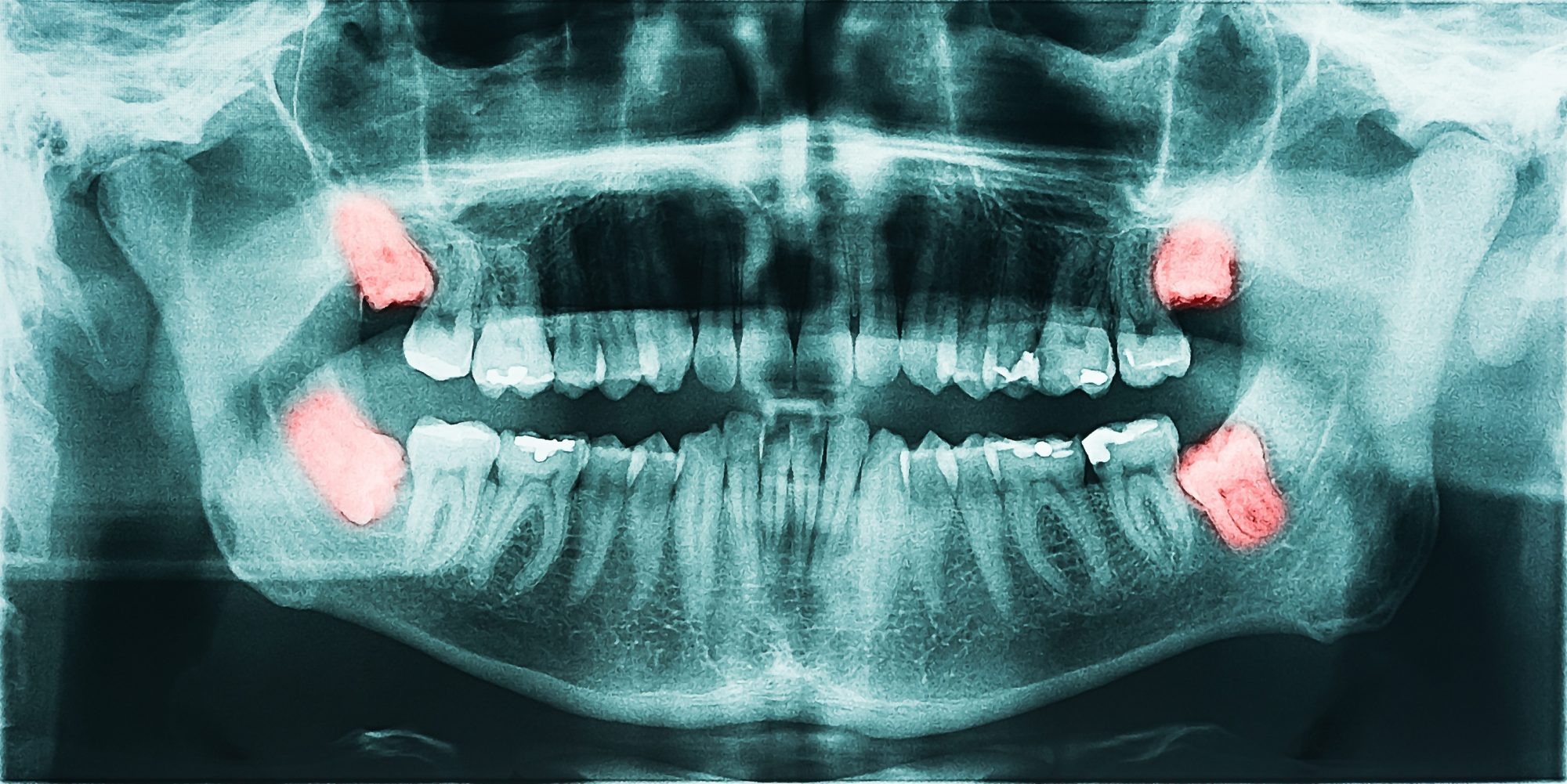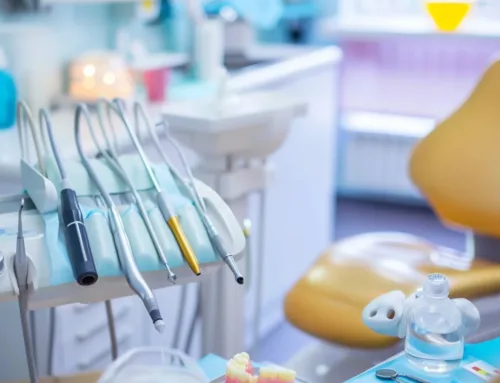Understanding Wisdom Teeth
Why Wisdom Teeth Exist, and Why They Are Removed So Often
As you grow from a small child to a full-fledged adult, your dental health progresses through several stages. First you start with no teeth at all and experience the not-so-enjoyable process of cutting your first teeth.
From there, you gradually develop a full set of baby teeth over several years. Then, you start losing all those baby teeth as your full-size adult teeth begin to grow in and push them out. Throughout your early teenage years, your adult teeth may not necessarily grow in to exactly the correct places, perhaps requiring the use of braces to ensure they are aligned properly in your mouth.
However, even after all this development and growth there is still one more step; the emergence of your wisdom teeth.
As you are probably aware, many people end up getting their wisdom teeth removed. Some people have all four removed, others maybe need fewer removed, and some fortunate people don’t need them removed at all. But why do we even need them removed in the first place? Where do they come from, and what problems do they create that are so serious as to necessitate removal?
In this article, we shed some light on these strange teeth and help explain the reasons why you may need to have them removed in order to maintain a healthy mouth and beautiful smile throughout your life.
Let’s get started by looking at exactly what wisdom teeth are.
What Are Wisdom Teeth?
Wisdom teeth are the third molars located at the very back of your mouth on either side and on the top and bottom of the jaw. These large teeth are usually the last teeth to develop and emerge as we grow, typically emerging between the ages of 17 and 25. Most adults have four wisdom teeth, although it is also possible to have fewer, and in some cases even none. In rare instances, some people have even developed more than four wisdom teeth.
Why Do Humans Develop Wisdom Teeth?
Each of the different types of teeth in our mouths are shaped and positioned in order to serve a specific purpose. The incisors at the front of our mouths are thin and sharp in order to easily bite in to our food. Our sharp and pointy canine teeth that are located beside the incisors are used for tearing apart food. Moving back toward the rear of the mouth, the next teeth in line are our premolars, which assist the canines in tearing as well as crushing food. Finally, our molars at the rear of our mouths performing crushing and grinding of food for easier swallowing and digestion.
Wisdom teeth are a type of molar, and so were used as part of the grinding and crushing of tougher plants that were part of our diets in the early stages of human evolution. However, as humans began to cultivate food through agriculture, our diets began to consist of softer foods than those of our ancestors. Through the gradual process of evolution, wisdom teeth became irrelevant and as such our jaws began to incrementally reduce in size over thousands of years.
This brings us to the modern day where wisdom teeth are known as ‘vestigial organs’, which are certain body parts that we still develop as we grow, but they no longer serve an essential function due to the evolutionary process.
Why Do We Often Need Them Removed?
The main problem with wisdom teeth comes from the fact that our jaws no longer have the necessary room in them to accommodate an extra set of large molars at the backs of our jaws. As the wisdom teeth grow, they end up exerting force on the nearby teeth, creating a slow cascade of pressure throughout the entire jaw. This pressure results in pain and discomfort for many patients. This pressure also pushes the other teeth out of position in the jaw, resulting in crooked teeth, misaligned bite patterns, and can lead to many other types of dental health problems.
Wisdom teeth may be impacted, which means they grow further back in the jaw and end up trapped in the gums or possibly within the jawbone. Wisdom teeth may also grow in at the wrong angle, which is one of the reasons for the excessive pressure that they exert on the rest of your teeth.
For these reasons, most of us will end up having our wisdom teeth removed as part of our general dental care in order to avoid these types of problems in the future. As you enter early adolescence and throughout your teenage years, your dentist will be keeping a close eye on the development of your wisdom teeth and regularly check their progress through dental exams and x-rays.
In the event that your dentist determines no potential for problems in the future, then they may choose to forego removing your wisdom teeth if it is not needed. However, for most people this will not be the case. Once your wisdom teeth have developed to the point where the potential for problems becomes too great for any further delay, your dentist will arrange for them to be removed.
How Are Wisdom Teeth Removed?
The process of removing wisdom teeth is a fairly straightforward surgical procedure. Your dental surgeon will consult with you prior to the procedure and walk you through the steps that will be taken and what you can expect. In general, the process is done either at a dental surgery clinic or at a hospital. You will be sedated at the beginning of the surgery, which generally takes about an hour. After your surgery is completed, you will be monitored for a short time before you are released to recover at home. You will undoubtedly be drowsy from the sedation, so you will need someone to drive you home.
As part of your recovery, you may be prescribed some pain relievers if the surgery was particularly involved. There will be swelling and soreness in the jaw, so ice packs can help alleviate some of the discomfort.
Extra care must be taken when cleaning your mouth and brushing your teeth so that the stitches from the surgery are not disturbed and are allowed to heal. Always follow the recommendations from your dental surgeon on the beset methods and timeline for your oral care after surgery.
On average, it takes about 3 weeks for the incisions to completely heal and your recovery to come to an end. Your dentist will schedule a follow-up with you to check your recovery and monitor your progress.
Conclusion
At the end of the day, your dentist will only recommend the procedure if it is determined to be the best course of treatment to ensure you avoid the potential risks and problems that wisdom teeth can bring. Your oral health is the top priority, so in the event that your dentist does recommend wisdom tooth removal, it’s best to have it done as early as possible to ensure the best results.
We hope that this information has helped provide a little more clarity on wisdom teeth and why it’s so common for people to have them removed.
If you think it might be time to have your wisdom teeth removed, contact us today we’re here to help.
Appointment Request
If you’re interested in any of our procedures, and would like to meet with one of our dentists to discuss options, costs and get additional information, complete this short form and we’ll give you a call to arrange for a no-obligation appointment at our Barrie clinic.










